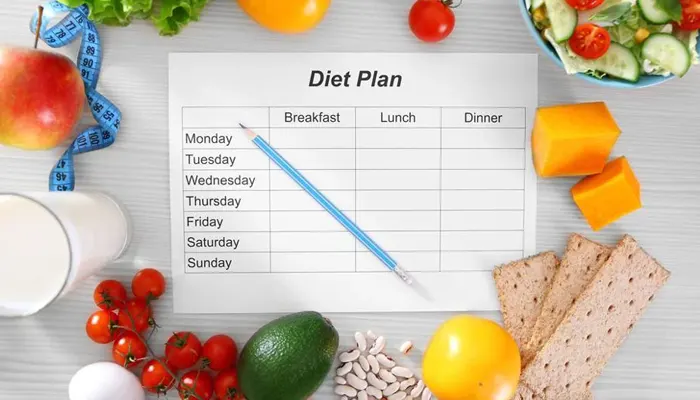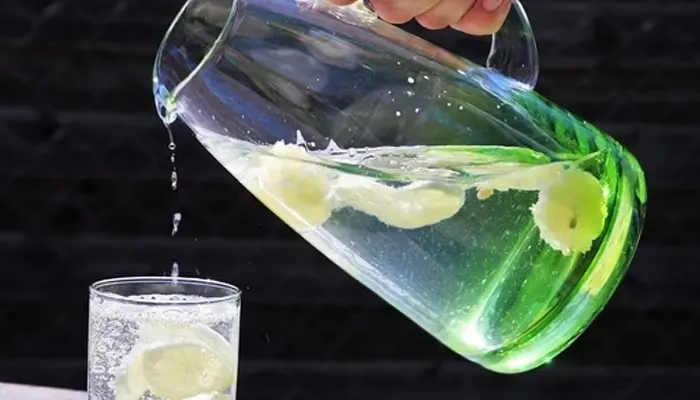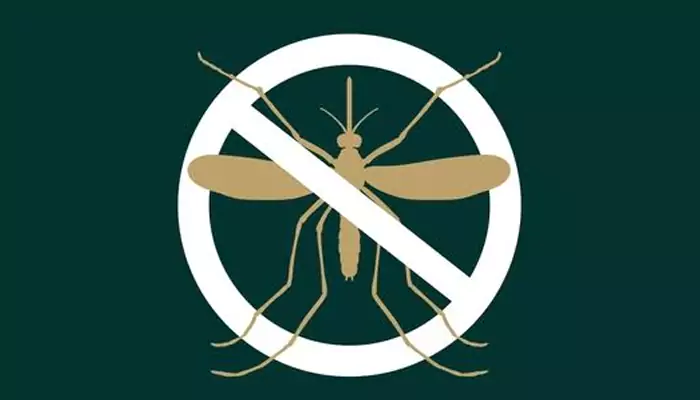Can My Cat Safely Consume Dog Food? Essential Facts Every Pet Owner Should Know!
- Admin
- 1 year ago
- 4 minutes read

Does your cat eat dog food? You must give it a thought now!
As a responsible pet owner, you want to ensure that your furry friends are getting the right nutrition for their health and well-being. When it comes to cats and dogs, there are distinct dietary differences that every pet owner should be aware of. One common question that arises is whether cats can safely consume dog food. Let's go in-depth into this topic to understand the essential facts that every pet owner should know.
Understanding the Nutritional Needs of Cats and Dogs
Cats and dogs have unique nutritional requirements due to their evolutionary backgrounds and physiological differences. Cats are obligate carnivores, which means their bodies require nutrients found predominantly in animal tissues. On the other hand, dogs are omnivores and can derive nutrients from both plant and animal sources.
Protein Needs
Cats need a higher protein intake compared to dogs. They require specific amino acids like taurine and arginine, which are crucial for their overall health, especially for maintaining healthy heart function and vision.
Taurine
Taurine is an essential amino acid for cats but is not required in the same quantities by dogs. Cat food is formulated to contain adequate levels of taurine to meet their dietary needs.
Vitamin A
Cats cannot convert beta-carotene (found in plants) into vitamin A as efficiently as dogs can. Therefore, they require preformed vitamin A, which is typically found in animal tissues.
Arachidonic Acid
Cats need arachidonic acid, an omega-6 fatty acid, in their diet for various physiological functions, including maintaining healthy skin and a glossy coat.
Can Cats Eat Dog Food?
While cats can technically consume dog food and may even do so on occasion without immediate harm, it is not recommended for several reasons:
Nutritional Imbalance
Dog food does not meet the specific nutritional requirements of cats. It may lack sufficient taurine, arachidonic acid, and other nutrients vital for feline health.
Protein Content
Dog food often contains lower protein levels than what cats need. Cats require a diet rich in high-quality animal proteins to thrive.
Taurine Deficiency
Prolonged consumption of dog food can lead to taurine deficiency in cats, which can result in serious health issues such as heart problems and vision impairment.
Fat Content
Dog food may have a different fat content and composition than what is optimal for cats, potentially leading to obesity or nutritional deficiencies.
Risks of Feeding Cats Dog Food
Feeding your cat dog food regularly or as a primary diet can pose several risks to their health:
Nutritional Deficiencies
Cats fed a diet deficient in essential nutrients like taurine, arachidonic acid, and vitamin A can suffer from various health problems, including heart disease, coat issues, and immune system disorders.
Digestive Upset
Cats and dogs have different digestive systems, and a sudden switch to dog food can cause gastrointestinal upset in cats, leading to vomiting, diarrhoea, and discomfort.
Weight Management
Dog food may not be formulated for the calorie needs of cats, potentially leading to weight gain or malnutrition if not carefully monitored.
All in all, cats should not consume dog food as their primary diet due to the significant differences in their nutritional requirements. While occasional consumption may not immediately harm them, prolonged feeding of dog food can lead to serious health issues due to nutritional deficiencies. As a responsible pet owner, prioritize providing species-specific food that meets the unique dietary needs of your beloved cats and dogs, and consult with your veterinarian for guidance on proper nutrition and feeding practices. Understanding these essential facts, is important so you can ensure the health and well-being of your furry companions for years to come.












